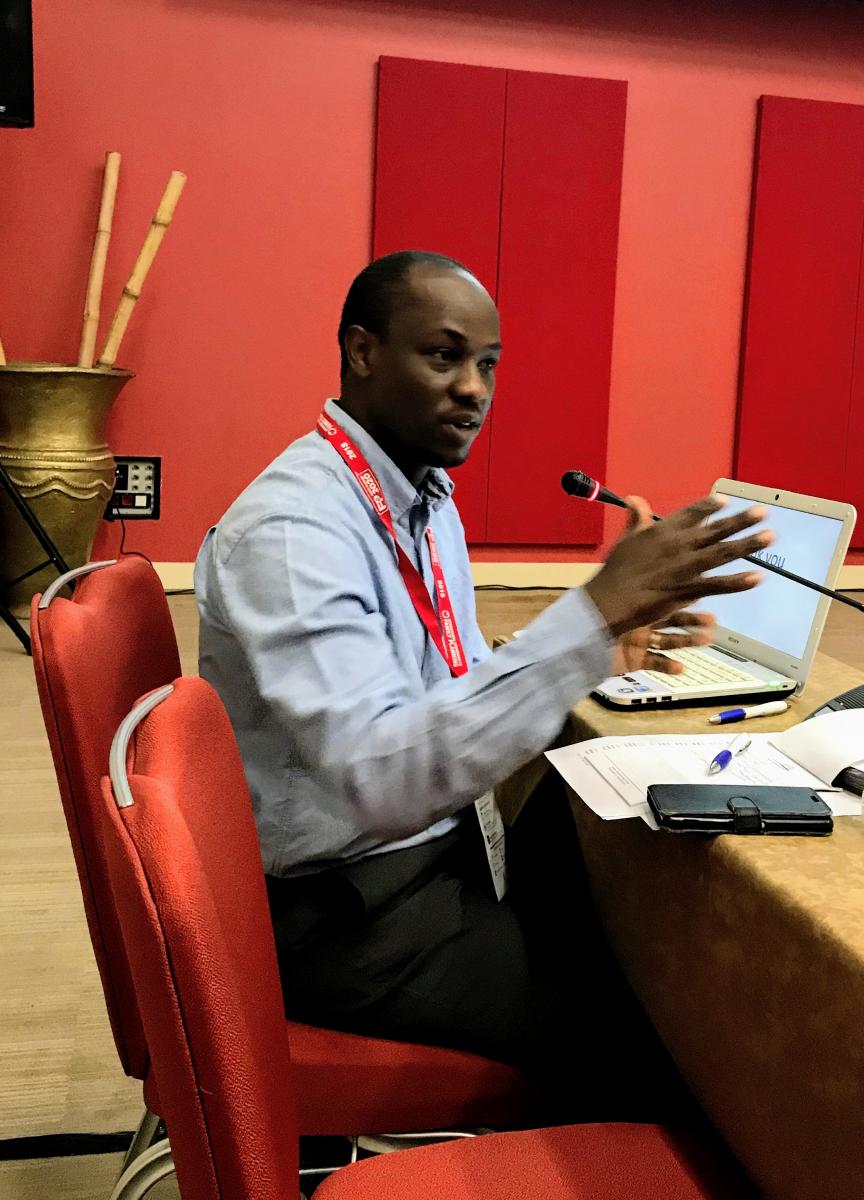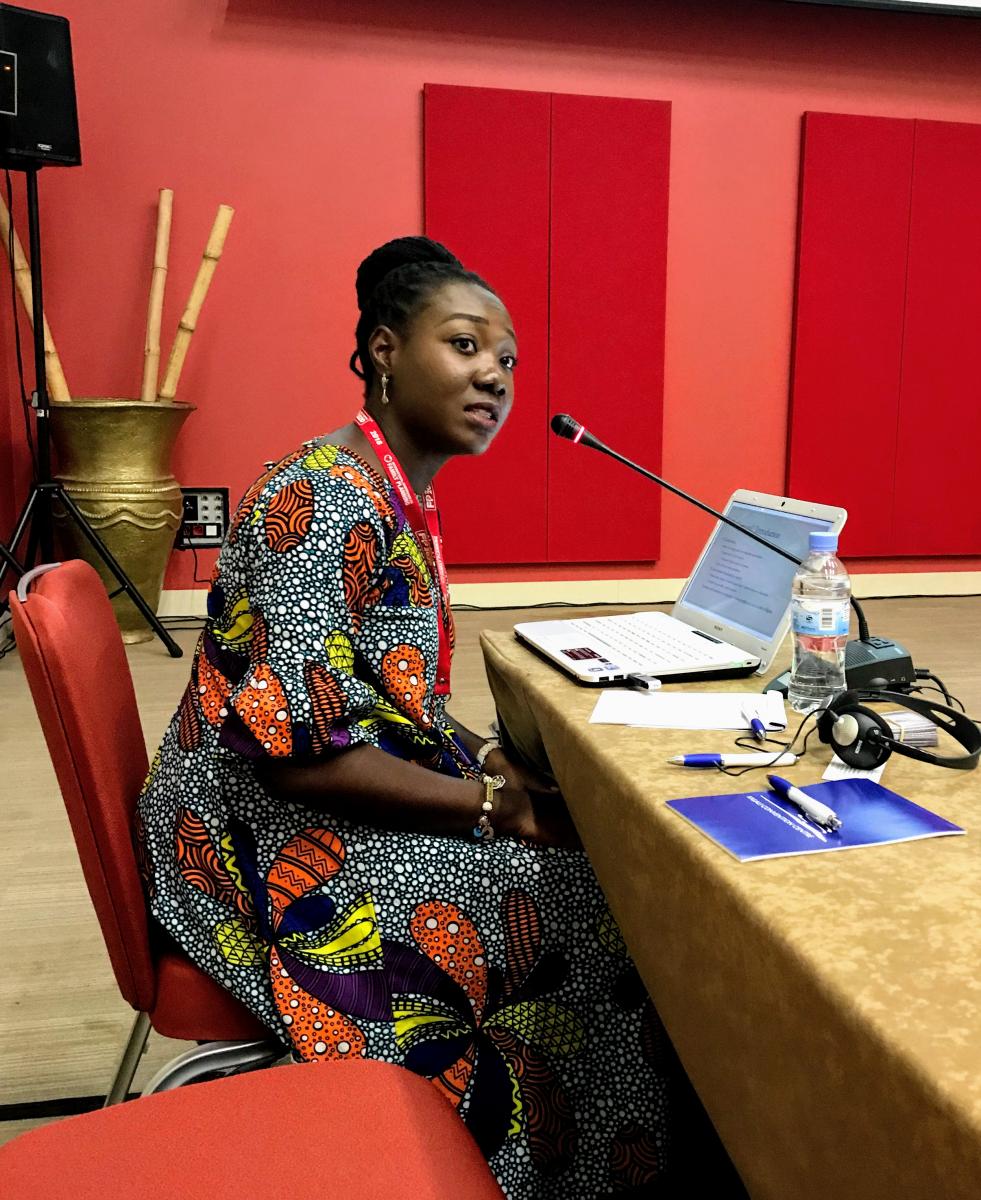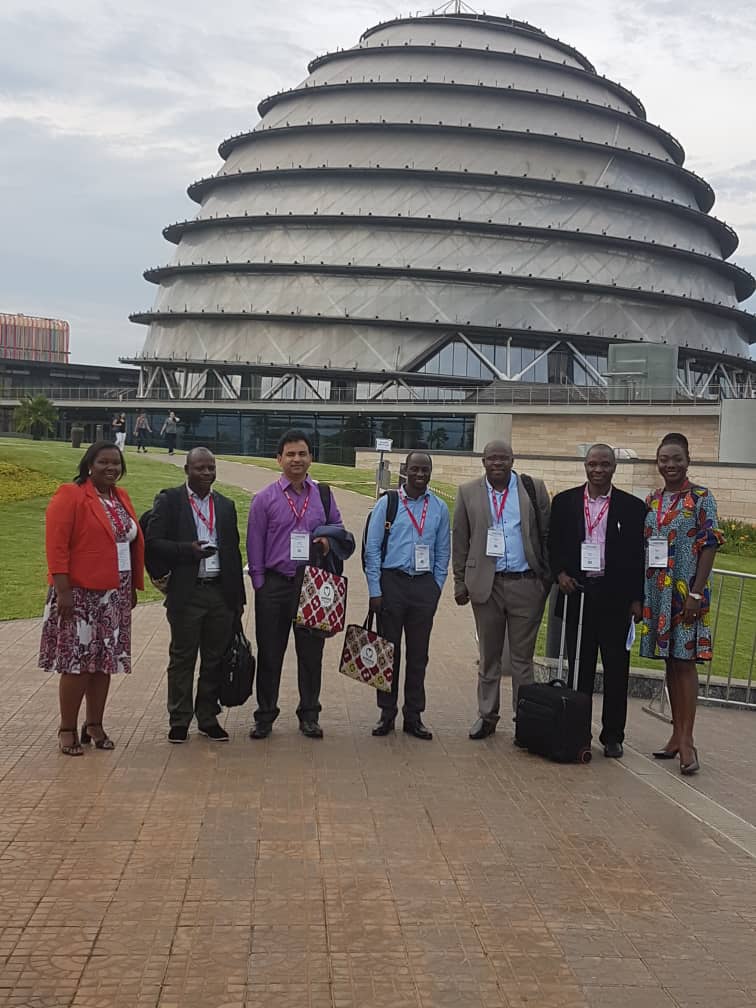IUSSP Research Fellowships on Family Planning, Fertility and Urban Development -Workshop in Kigali

Congratulations to the 11 semi-finalists who were selected from a pool of 51 applications for the Fellowship on Family Planning, Fertility and Urban Development funded with a grant from the Bill and Melinda Gates Foundation. The semi-finalists were invited to attend the International Conference on Family Planning (ICFP2018) held in Kigali Rwanda 12-15 November as well as a preconference workshop (9-10 November) where they presented their research proposals followed by a Pre-Conference on Healthy Cities Now and in the Future on 11 to 12 November. During the workshop Fellowship candidates presented their projects to members of the IUSSP Panel on Family Planning, Fertility and Urban Development and received feedback on how to improve their proposals. Half of the selected applicants have been invited to submit a revised version of their proposal by 31 December. The co-chairs for the IUSSP Panel on Family Planning, fertility and Urban Development will select the awardees by 15 January 2019. The first cohort of fellows will be small, but plans are to recruit a larger group of fellows for a larger second cohort. A revised call is included in this Bulletin. The date for candidates to submit a concept paper outlining research ideas is 15 April and the submission of a full proposal is 1 July 2019.
In addition to candidates’ presentations, the IUSSP panel prepared presentations on the 3 intertwined themes of the project. Panel members Susan Parnell (University of Bristol and African Centre for Cities, University of Cape Town) provided an overview of the urban context in her presentation on Urbanization and urban poverty in the global south: current debates and key issues , while Ilene Speizer (UNC-Chapel Hill) touched on issues of working with vulnerable groups in urban contexts in her presentation on Research on Family Planning among Adolescents and Youth. Panel co-chair Trudy Harpham (London South Bank University) and Timothy Thomas (Policy Communication Specialist) presented strategies for engaging policy makers in their talk on Initiating and Sustaining Policy Engagement. This IUSSP project seeks to link the fields of family planning, fertility and population change with the field of urban development creating a cadre of fellows devoted to the study of these intersections. The fellowships offer funding to early-career researchers in sub-Saharan Africa and South Asia to produce policy relevant evidence on family planning, fertility and population change in cities and towns and their implications for urban welfare. The fellowships are modest, meant to support 1-2 years of part-time research to give early career researchers the opportunity to analyze secondary data and publish their results. Funds are also available to conduct small scale field research instead of, or as a supplement to, secondary analysis.
An innovative aspect of this project is the emphasis from the start on policy relevance of the research. Fellows are expected to review the policy context for family planning in the urban areas they will be working and where appropriate, engage policy makers, program managers and other actors in the community in the research project conception and design. In addition to funds for research, the project will include mentoring and training in policy outreach, writing for scientific publication and the communication of results to policy makers as well as training to hone specific research skills and techniques or acquire new skills. Annual workshops will be held to bring fellows together to stimulate networking.
List of finalists and their topics



|
|
